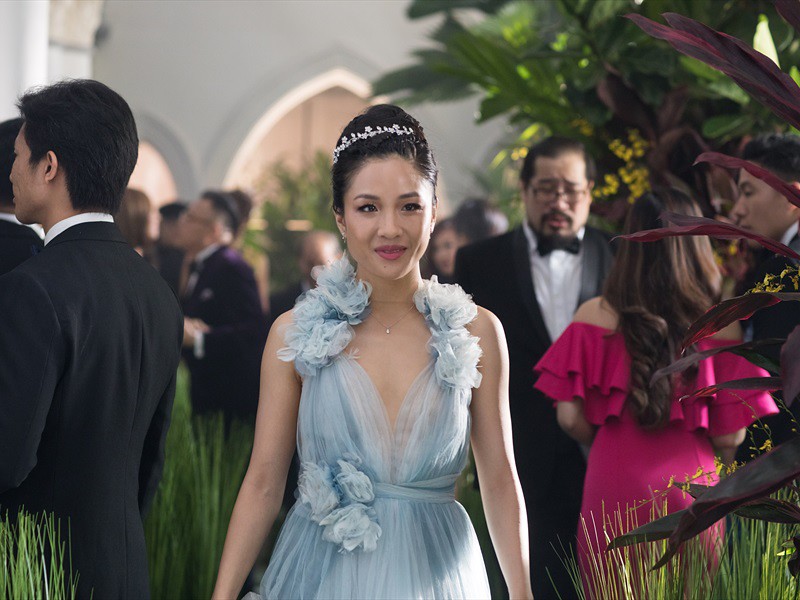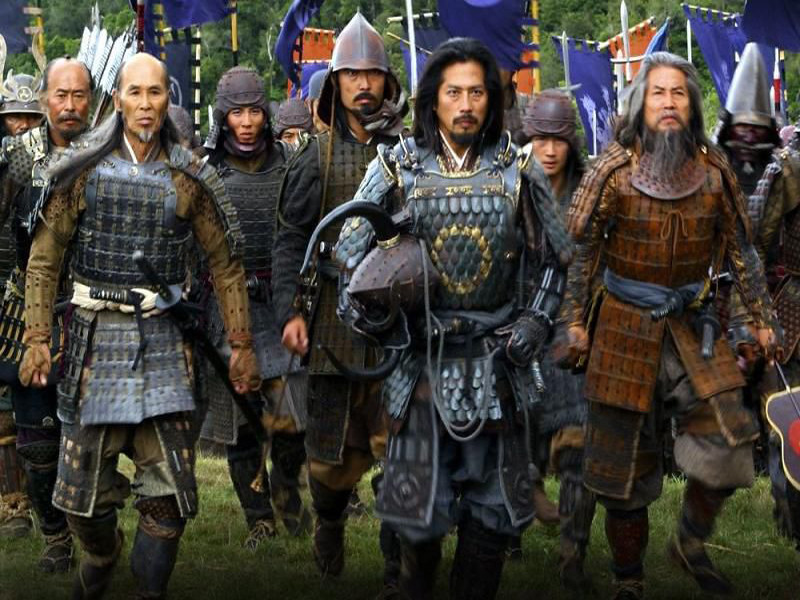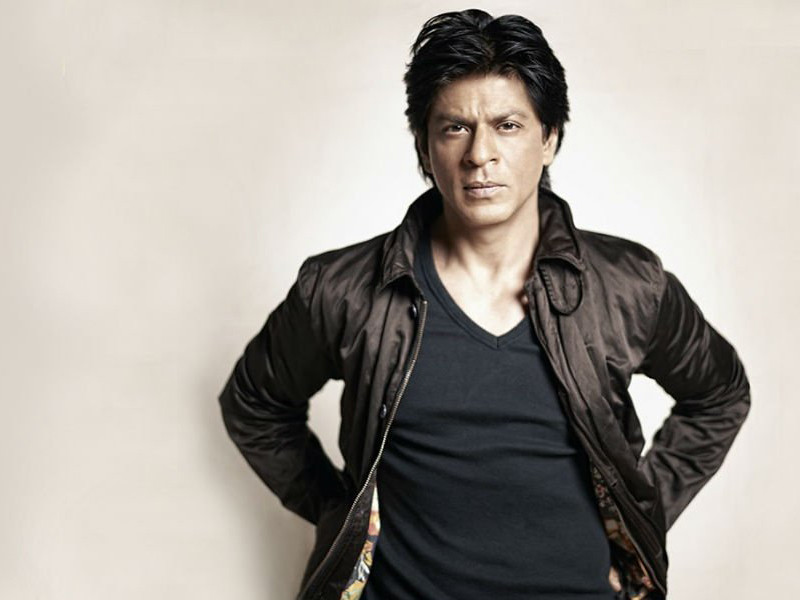|
By Muniyra Douglas Based on the Kevin Kwan fictional novel, Crazy Rich Asians was the sleeper comedy/drama hit of 2018. The journey follows Rachel Chu and Nick, as they travel to his best friend's wedding in Singapore. She's shocked to find out that Nick's family is much wealthier than he originally let on. The film is helmed by Asian-American director John M. Cho, and features a predominately Asian-cast. The narrative is a modern tale of love, jealousy, family history, and cultural identity. Although the film has garnered much praise and awards for its casting choices and brilliant storytelling, it sheds light on the consistent misrepresentation and whitewashing of Asian characters in Western based cinema. University of Toronto Professor Michelle Cho - Assistant Professor of Popular Culture in the Department of East Asian Studies, discusses with VIBE Correspondent, Muniyra Douglas the cultural and global impact of cinematic representation of Asian identities. Muniyra: Tell us about your research studies and the course you teach. Michelle: I am a Film Media Studies Scholar primarily, but I mostly work on South Korean popular culture. In my courses I discuss East Asian media cultures, and I definitely talk about issues with globalization, media flows, the fact that people are consuming media from other parts of the world at much higher rates than before the internet. Muniyra: Why is it significant that these rates have increased? Michelle: I feel like one of the main consequences is the way in which content is distributed. It goes beyond centralized distribution through film studios or through network broadcast television stations. The main consequence is that people can choose to consume things outside of whatever is available as the mainstream. I think what that means is the major media companies are always catching up to what people are actually interested in accessing. For my research, it’s been really important to look at how Korean popular culture, in the form of television shows and pop music, have really spread across all of these regions to create really dedicated fandoms. Again, that would not have been possible if people were really limited in what they were accessing – to just the main broadcasters or film distribution. The online platforms allow people to have very immediate access to things that they otherwise wouldn’t. Muniyra: So, the rising popularity stems from the fact that these diverse media forms no longer have to funnel through media distribution companies? Michelle: Yes, and other fans really play a big role in giving context and translating things for people. So that it’s not just this top-down presentation of context, with the meaning of it already filtered for the audience by the distributer. There’s more of a conversation that’s happening between regular people to find out what’s appealing about this stuff, and how it communicates. Muniyra: Asian characters and identities have been white-washed and stereotyped in film and television. How has this impacted the global Asian identity and why was the success of Crazy Rich Asians so significant to this? Michelle: I think this issue of the representation of Asians in Western and North American media is really connected to what I was just talking about. I think a lot of people in North America who are interested in Asian cultures, whether it’s because they have friends or they’re diasporic Asians themselves, they’ve then been pushed to other media industries to gain a different set of representations because Asians have been so misrepresented in Hollywood. I really feel like the stereotypes that we’re used to, when confronting an image of representation of Asians in North American media, they’re being forced to change. A lot of people are interested in Asian pop culture, so they are starting to see the limitations and the shortcomings of this mainstream representation. On the flip side, with the success of a film like Crazy Rich Asians, Hollywood is also starting to recognize they’re a huge market for a source of representation and Asian identity. And with this recent fan backlash of the casting scandals for Ghost In the Shell, Doctor Strange, The Last Airbender, and Iron Fist – it keeps happening. And so every time, there’s this backlash, I think Hollywood producers also have to address the limitations of their own biases or assumptions about a) Asians or Asian-Americans as a viewer demographic and b) the general public has a real complaint about how minority characters are unrepresented. Muniyra: Why do Asian identities continue to be mis-represented and ignored in mainstream media? Michelle: Unfortunately, the U.S. film industries tend to be really provincial. They are not thinking about the fact that East Asia has Bollywood -- a massive, very influential, and extremely lucrative film industry. Television is really starting to diversify with content coming from these other places. So, I think studio heads still ignore and continue to be ignorant of the massive media industries that are operating and distributing to the world, which don’t affirm the image Hollywood presents. They are projecting as a global audience to people who think like them. |
Recent Posts
Categories
All
Archives
February 2022
|
|
GET THE APP!
Listen to VIBE 105 anywhere you go!
|
OUR STATION
|
TUNE IN RADIO
|
STAY CONNECTED
|
Copyright © 2021 Canadian Centre for Civic Media and Arts Development Inc. Except where otherwise noted, presentation of content on this site is protected by copyright law and redistribution without consent or written permission of the sponsor is strictly prohibited.







 RSS Feed
RSS Feed


